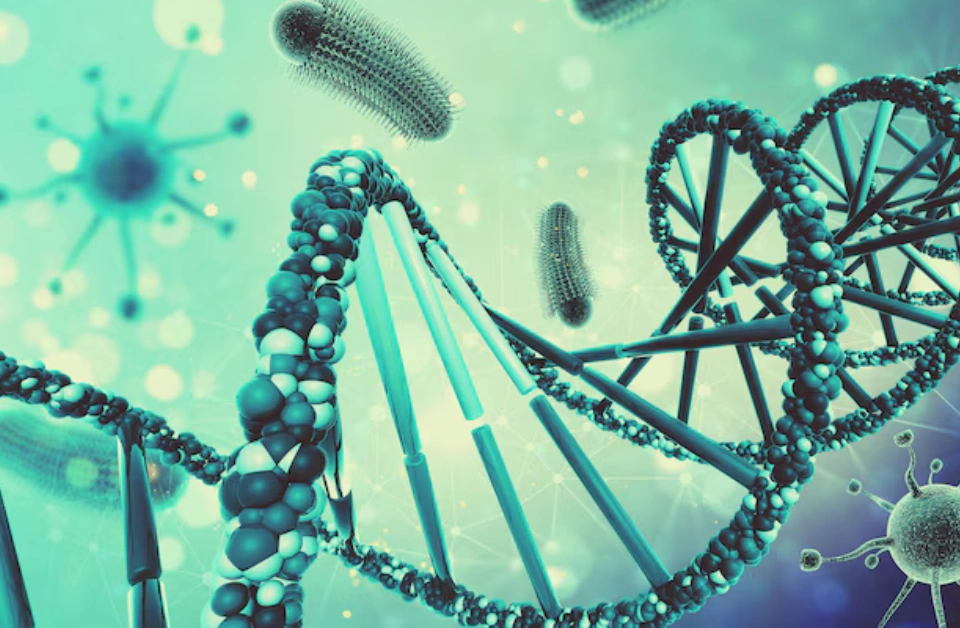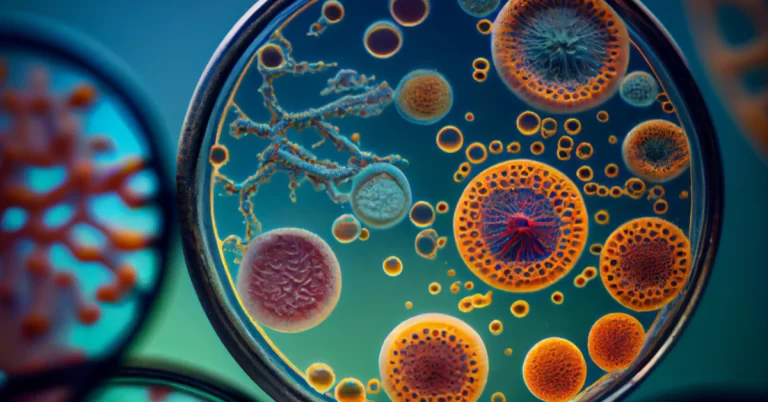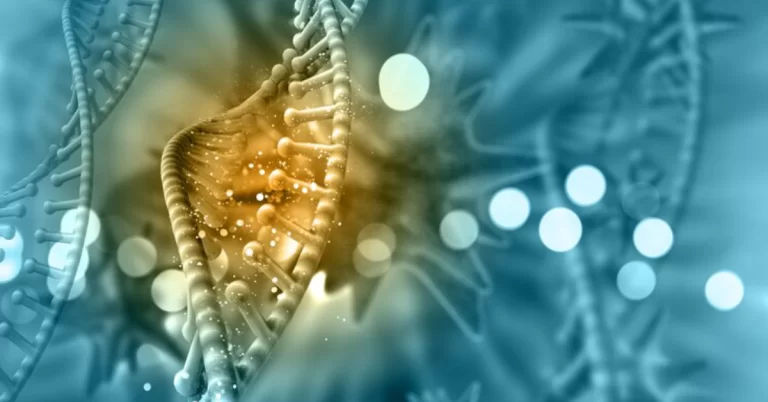
Theories, Tools, and Questionnaires for a Nursing Dissertation Proposal
September 25, 2020
Regulatory Measures for Research Involving Human Participants
September 30, 2020Dissertation Topics on Molecular Cancer Basics and Targeted Therapies
Cancer is one of the life-threatening diseases, responsible for the mortality rate of 0.13% of the world’s population. It is essential to perform research in the field of cancer to overcome the emergency demand to control the death rate of cancer. The cancer research mainly has done to analyze the risk, to know the type of cancer, to study about the therapeutics etc with the help of medical writing solutions. The first and foremost essential knowledge to perform cancer research for a scientist is to know about the cellular basics of cancer development. Once after attaining knowledge, the researcher should submit a thesis about his work. Here are a few molecular and cellular basics about cancer/oncology.
Brief
- Researching cancer and its therapeutics is an important tool for cancer studies and medical writing services.
- The important topics to be covered while writing a thesis for cancer and its therapeutics are discussed in scientific medical writing.
- Pubrica is here to help with the easy scientific medical writing about cancer research and its therapeutics.
Topics covered in molecular basics of cancer
- Stability of a cell
- Instable gene
- Oncogenesis
- Suppressor genes for tumour
- The growth phase of tumour
- Angiogenesis
- Metastasis and model systems
- Therapeutics
Stability of a cell
The most common cause of cancer is an undefined mass of cell growth. It is essential to check the stability of a DNA inside the cell during the replication, transcription and translation. Also, the DNA polymerase enzyme is the reason for the correct nucleotide activity. The above-mentioned are the basics of cell functioning. Whenever there is a problem in cell functioning, it may lead to cell damage.
Instable gene
The cell damage can lead to genetic instability. This process will change the structure of DNA and causes mutations and cancer. It will lead to the carcinogens to easily rupture the cellular metabolic process. This unstable gene leads to oncogenesis.
Oncogenesis
Oncogenesis is the process of transformation of normal cells to cancer cells.
- Activation of oncogene
- Cell division takes place in an unmanageable manner
Tumour suppressor genes
The tumour suppressor genes stop functioning with inactivation of two alleles during oncogenesis. It will mislead the cell signalling pathways. For a non-cancerous cell, a TSG inhibit the growth of cancer. Hence it is called as the caretakers of the body.
The growth phase of tumour
The forementioned oncogene and TSG function will lead to decisive variations in cellular growth. This tumour cells will develop into cancer cells by shifting the equilibrium between apoptosis and proliferation of excessive cell growth. There will be a disturbance in the cell cycle pathways during this growth phase.
Angiogenesis
The tumour cells need oxygen and nutrients supply from the blood. It will be obtained by passing the chemical signals to the blood vessels. However, there are several anti-angiogenesis drugs to inhibit this process.
Metastasis and model systems
Metastasis is the process, where cancer cells explore into foreign sites, leaving their prime site. In the next stage of metastasis, the cancer cells enter into the lymphatic organs and bloodstream, that leads to cancer death.
There are certain model systems to study the characterization of a phenotype and genotype. All the models should explain using medical writing help.
Therapeutics
The need for cancer studies is mainly to access treatment. Scientists have developed many therapeutic agents for cancer studies but it is still in vain to cure a certain type of cancer especially blood cancer. The cancer treatment will have both the advantages and disadvantages depending upon the body condition of a patient. There is no particular treatment available for cancer. Out of all chemotherapy and drug treatment is the most common therapeutics for cancer treatment. Drug treatment is less toxic comparatively.
The above-mentioned passages are the topics to be discussed while doing a dissertation in cancer studies. It will ample information about the entry of cancer cells and the phases of cancer at a molecular level in our body. Medical writing solutions are there to complete the dissertation of topics of basic cellular level of cancer.
Conclusion
Pubrica has given the details for the basic level cancer study research works. It will be helpful for the researchers to develop a vaccine or medicine that inhibits cancer. The cancer study dissertation can be done with the help of medical writing solutions and services.These basics will also help to do evaluations in future cancer studies. This article is fully checked with plagiarism correction and will be analysed by scientific writing companies.
References
- Knisely, A., Wu, J., Kaplan, S. J., Zhou, Z. N., Melamed, A., Tergas, A. I., … &Hershman, D. L. (2020). Coronavirus Spectrum Infections (COVID-19, MERS, SARS) in Cancer Patients: A Systematic Review of the Literature. Cancer Investigation, (just-accepted), 1-23.
- Wang, L. H., Wu, C. F., Rajasekaran, N., & Shin, Y. K. (2018). Loss of tumour suppressor gene function in human cancer: An overview. Cellular Physiology and Biochemistry, 51(6), 2647-2693.
- Yin, H., Qu, J., Peng, Q., &Gan, R. (2019). Molecular mechanisms of EBV-driven cell cycle progression and oncogenesis. Medical microbiology and immunology, 208(5), 573-583.
- Zearmal, S., & Allen, K. (2019). 117 Qualitative study: exploring the views of cancer researchers surrounding Brexit and its impact on their work.





